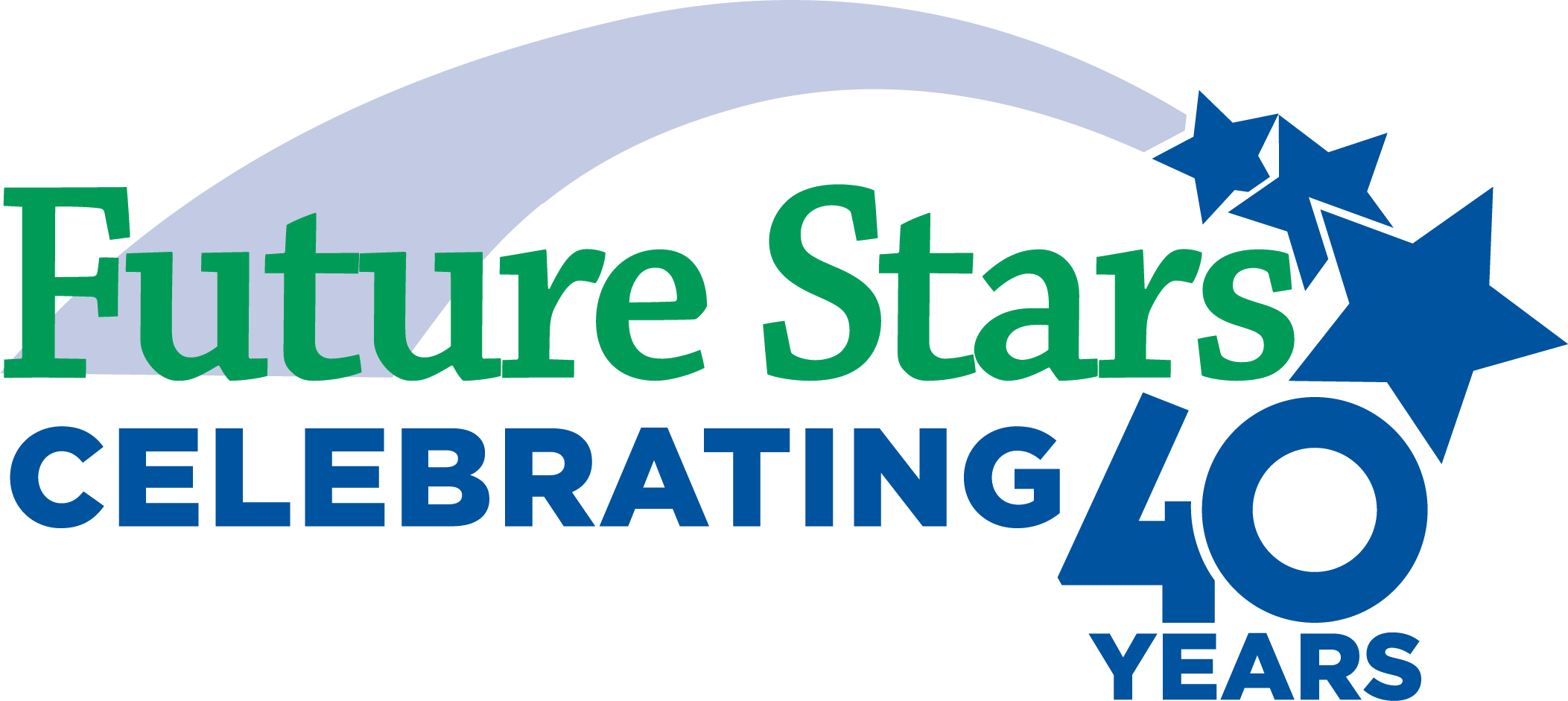Your child is growing and building new skills every day. Even though sports seem mostly physical, they also include other areas of development. More specifically, all of the areas of development – cognitive, social, and emotional. Understanding the connection between what your child is doing right now, can do, will do, and might not do for a while, and athletic types of activities can help to make the most of your child's sporting experience. Learning about the sequence of child development, major milestones, and what to expect (and when) in terms of team play gives you the power to pick a sport that suits your child’s needs and abilities. So, what’s going on with your awesome athlete’s development? Check out the milestone markers that may directly affect what and how your child plays!
Preschoolers
It seems like your cute little baby just learned how to walk. And now you want to put them onto the soccer field? What? That’s right, kids as young as the preschool years are ready to start a sport. This doesn’t mean that your 3-year-old is passing the ball and scoring goals ala David Beckham. But, your sporty toddler can begin with basic activities that teach teamwork, listening/paying attention, balance and coordination. Look for these sports-related developmental milestones during the 3- to 5-year period:
Motor development. Your child is developing the abilities to:
- Run
- Kick a ball
- Hop
- Stand on one foot (for a few seconds)
- Throw a ball (overhand, at this point)
- Swing a bat (hitting a ball off of a tee)
Cognitive development. Your preschooler is building skills to:
- Understand the concept of time (before the game, during the game, after the game)
- Count up to 10
- Follow up to a three-part command
- Recall stories or some information that the child is told verbally
- Participate in pretend play
- Understand and follow rules (this is still emerging)
Social/emotional development. The milestones during the preschool years include:
- Cooperating with others
- Sharing
- Taking turns
- Resolving conflicts (this skill is only starting to emerge – the child may need adult help with this one)
- Act independently
- Show empathy
Kindergarteners and Young Elementary School-Aged Children
During the next few years your child is refining those preschool-period milestones. While you shouldn’t expect your young athlete to have a full grasp of sharing and turn-taking during the preschool years, as an older grade schooler you can. These budding abilities, along with developing empathy and resolving conflicts, help your child to better understand teamwork and good sportsmanship concepts.
Your child is also now able to follow a longer list of directions (in other words, more than three steps) and understands that rules are rules. During this period, kids are able to start learning about the more sophisticated rules of game play and follow a coach’s instruction.
As your sporting child is learning more about how the game is played, they’re also developing complex physical skills. Instead of stumbling often or missing the ball most of the time, your child is better able to aim and coordinate movements. This may show up as your child goes from hitting a ball off of a tee to hitting one with a bat, finally getting the ball into the basket or when they are able to move up to a new level/league.
Older Children
By the time your child is nearing the end of elementary school or starting middle school, they’re completely able to follow the sport’s rules. Young athletes, at this age, also have the ability to listen attentively to a coach, follow directions and demonstrate good sportsmanship.
When it comes to physical development, older kids are tackling complex motor tasks, building strength and improving flexibility. At this point your child may be developmentally ready for a travel team or league that provides a more competitive environment. Keep in mind, your player is still a child. They may understand that no one wins all of the time, but they won’t like losing. Your child may still stomp off the field or break out in tears when they don’t get a win.
Teens
Physically your teen may be on par with an adult when it comes to game play. Teenage athletes often specialize in one specific sport and have an amazing ability to focus on training. But, that doesn’t mean all teens have chosen one standout athletic activity. The teen years are a time of experimentation and trying to sort identity out. This may mean that your child who once loved tennis now wants to try soccer or volleyball. It’s not that your teen is indecisive, lazy or being difficult. Instead, it’s more likely that they are trying out all of their options.
Keep in mind, developmental milestones aren’t set in stone. While the sequence is fairly predictable, some children meet milestones right on time and others may be early or late.










.png)
.png)
.png)
.png)